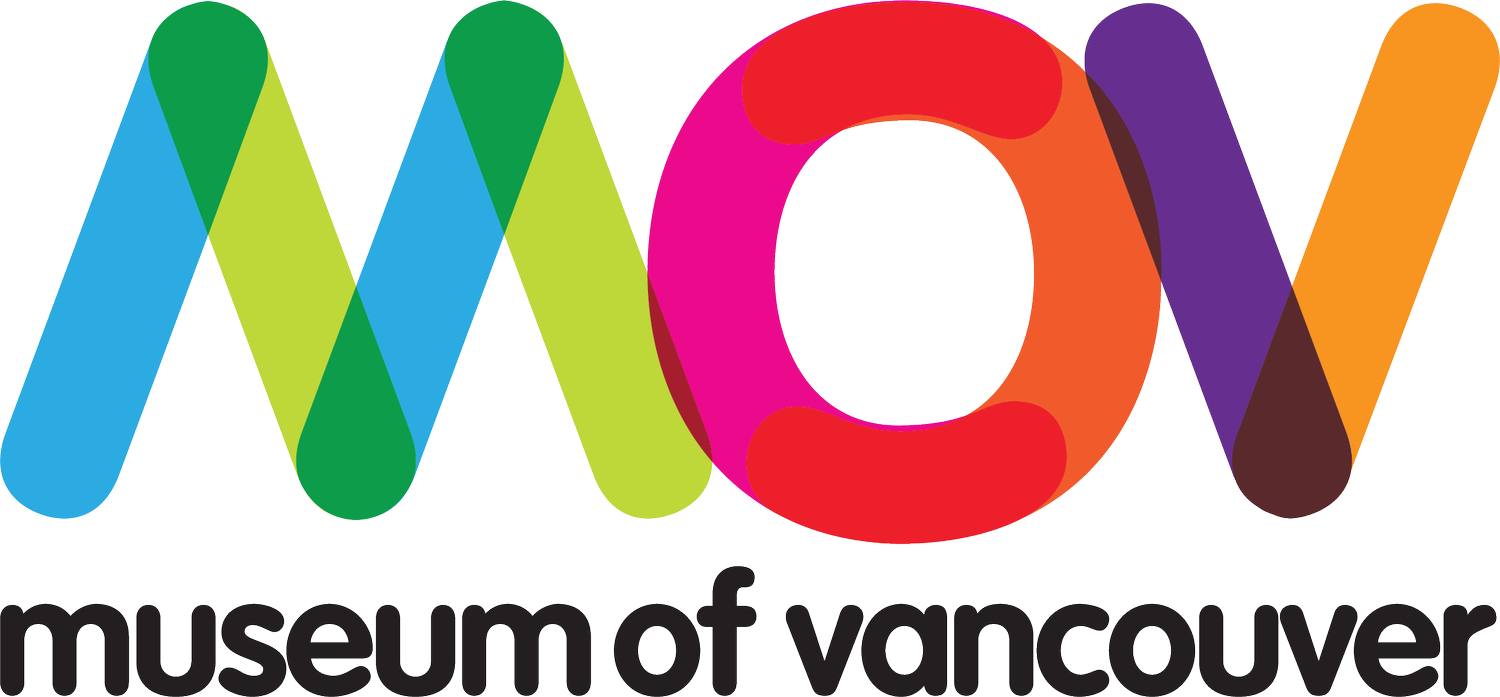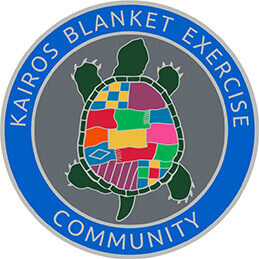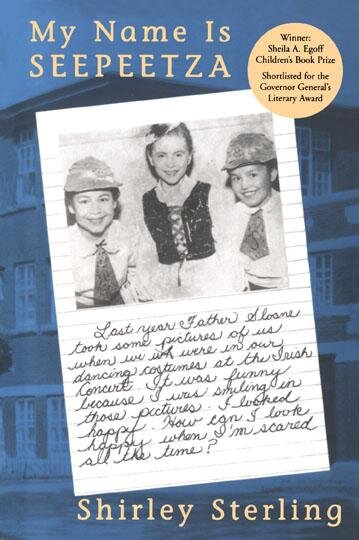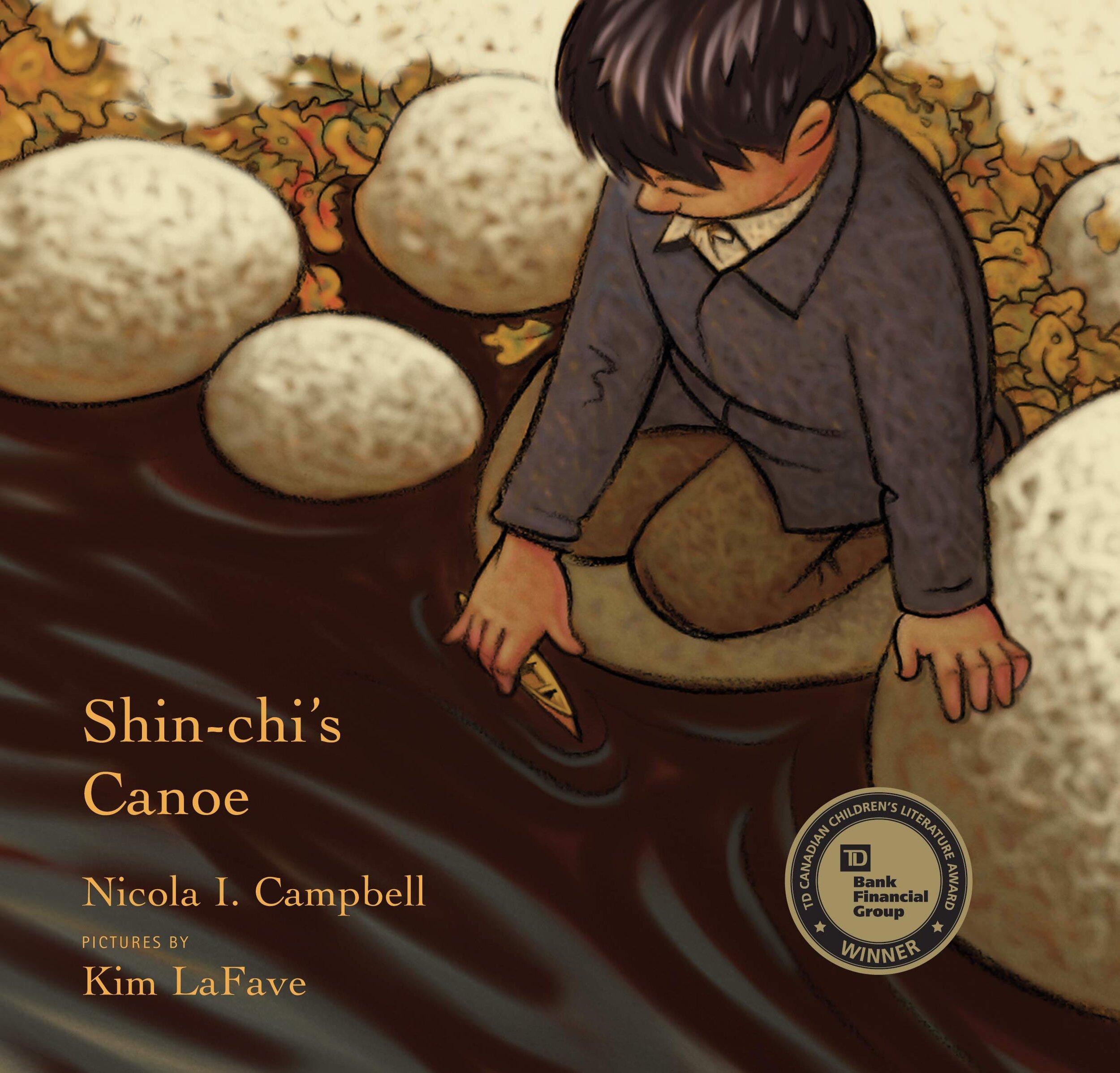The discovery of 215 unmarked graves on the grounds of the Kamloops Indian Residential School has awoken many across our nation to the harsh realities previously documented by the Truth and Reconciliation Committee in their report of June 2015.
MOV has taken a few days to reflect to ensure we find a respectful way to show our support for Indigenous community members in this time of suffering. One that recognizes the trauma and feelings of loss associated with recovering the remains of these little ones, but does not coopt them for another purpose. In the last few days, I have spoken with some of my Indigenous friends and colleagues before preparing this response.
In 2019, we hosted the exhibition, “There is Truth Here: Creativity and Resilience in Children’s Art from Indian Residential and Day Schools,” and many of our visitors expressed a desire to learn more. At this time, we would like to share a few additional learning resources for those who would like to increase their personal knowledge or want to find a way to discuss these events with younger family members.
Respectfully,
Sharon Fortney, Curator of Indigenous Collections and Engagement
Online Education for Adults
Indigenous Canada
This free twelve module course is offered by the University of Alberta Faculty of Native Studies. It is an introductory course that explores Indigenous histories and contemporary issues in Canada presented from an Indigenous perspective.
Facilitators of Vancouver Area Workshops suited to Workplace Learning
Indian Residential School Survivor’s Society (IRSSS)
By donation workshops are available on the following topics: Colonialism, History & Impacts of Indian Residential Schools; Anger Management; Understanding Trauma; and Traditional Healing and Medicines.
Please note: when an Elder accompanies the team, it is culturally appropriate to offer the Elder an honorarium in addition to your donation.
Nahanee Creative
Offers Decolonizing Practices Workshops, online education tools, with workbooks available for purchase. Designed and delivered by Squamish Nation facilitators.
Reframing Relations, Community Arts Council of Vancouver
Workshops pair an Indigenous and non-Indigenous artist to create learnings that model allyship and intercultural dialogue.
Kairos Blanket Exercise
A one-time workshop designed to address recommendations of the Truth and Reconciliation Report. This program has recently been adapted for virtual delivery. It is offered on a sliding scale to remove barriers for participation.
Weaving House and Mitelnexw Leadership Society
Offers seminars presented by Squamish Elders Chepximiya Siyam’ Chief Janice George & Skwetsimeltxw Willard ‘Buddy’ Joseph, of L’hen Awtxw Weaving House.
A Few Resources for Talking with Children and Teens
My Name is Seepteetza is situated in the Kamloops Residential School in the 1950s. The author intended it for pre-teens and teens.
When We Were Alone is designed for children in grades K-3 (aged 5 and up). It is available on Google Books.
Sugar Falls: A Residential School Story is available on Google Books. This graphic novel is recommended for readers aged 14 and up.
Shin-Chi's Canoe is designed for readers aged 5-7. It is available through Google Books.
I am not a Number is designed for readers aged 7-10.
No Time to Say Goodbye is suitable for children aged 9-14.











